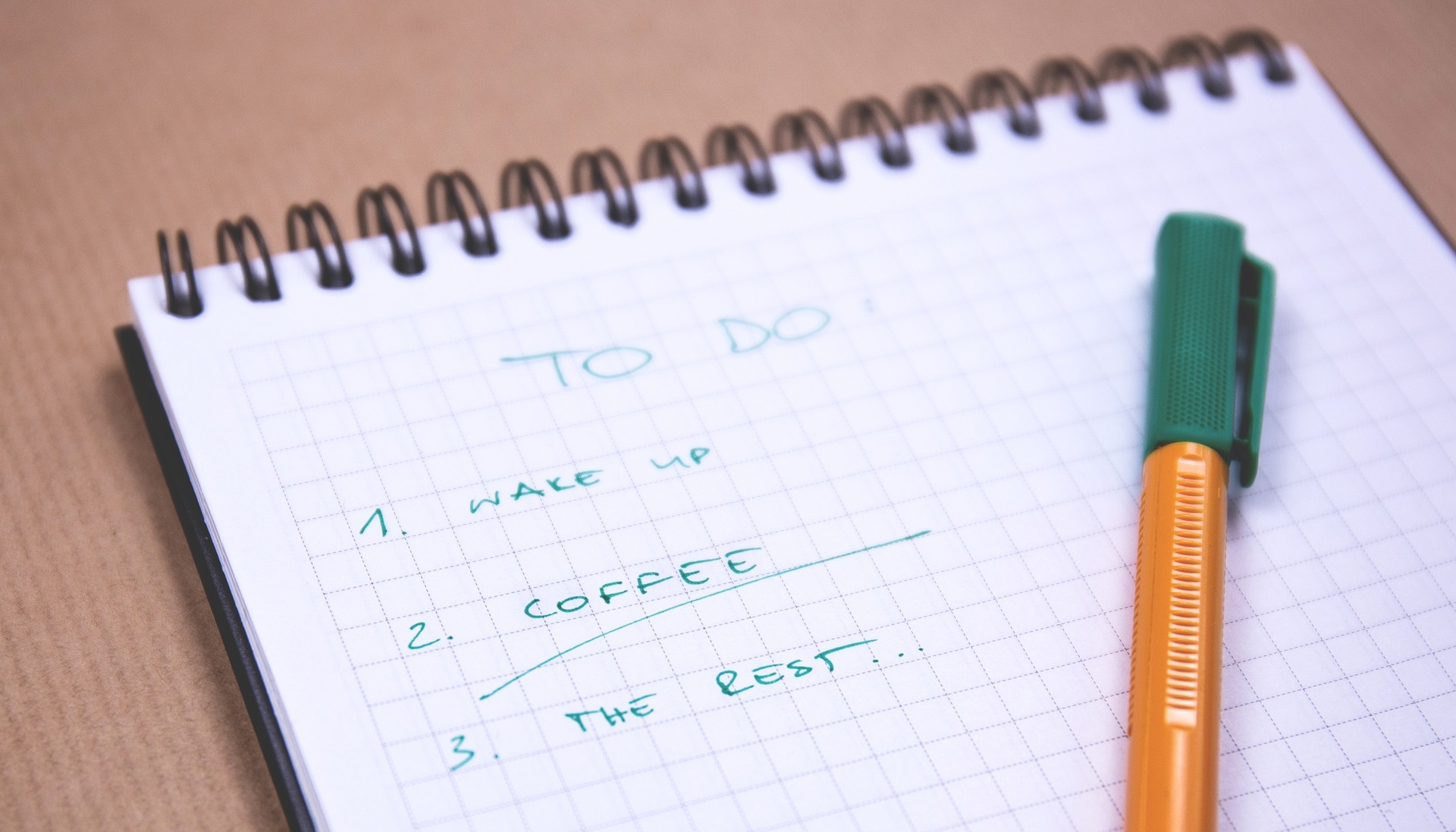By Taylor Gramps, NYC Development Manager for Peer Health Exchange and YNPN-NYC Board Member
In the fall of 2012, I had a lot going on. I was working full time at an arts nonprofit, grappling with the end of a long-term relationship, and beginning the final year of my Master’s program. I had been studying part-time and working full-time for the previous two years. At the rate I was going, I was not going to graduate for another two years, so that fall I decided to start attending school full-time while still working full-time. I knew it would be challenging, but I also knew that I had a supportive employer who would be flexible with my schedule as long as I was still getting my work done. I had all the systems in place to make this successful – or so I thought. By November, I was falling asleep in class and sneaking in extra hours of work wherever I could. My friendships, which had been a critical support during my breakup, were almost nonexistent because every waking hour was devoted either to school or my job. By the time I actually graduated in May 2013, I was spending time crying in stairwells, 10 pounds heavier, and the thought of doing anything at all seemed it would take nothing short of Herculean effort. The longer I maintained this pace, the worse I felt. It was literally making me sick. Evidence backs this up, too: stress is terrible for our health.
I got my Master’s, and I kept my job. So, shouldn’t this be considered a success? Maybe. But I did those things at the expense of my health and personal relationships. If I’m being honest, I’m not always sure the sacrifices made to get my degree earlier were worth the cost.
In nonprofits, the pay is notoriously low, the hours long, and the emotional toll often high. Generally we get into this work because we want to help people, and we are passionate about the missions of our respective organizations. Which is great! (Though, let’s make sure that doesn’t turn into a martyr complex.) That should be celebrated. However, if you are spread too thin and burned out, you are not bringing your best self to the position, which means you will not be bringing your best work.
Burnout looks different on everyone. For some, they may have just outgrown their position. For others, they have taken on too much - whether in their lives or their current role. (Pssst: does the latter resonate with you? It did for me, so I’m seriously looking forward to this seminar next week.) For me, I just became tired. Exhausted, really. The thought of doing anything - from writing an e-mail to going to a party - just exhausted me. When I first saw it was a problem, I wasn’t sure how to begin. If that sounds like you, check out this self-care starter kit from the University of Buffalo. It’s got a detailed step by step plan to develop your own self-care plan.
There’s nothing that’s one size fits all, but this is what has worked for me:
Schedule the things I want to do for myself (working out, a long walk with my dog, a night with no plans) the way I would schedule dinner or drinks with a friend. Commit that time to yourself. I typically put “DNS” (DNS = do not schedule) on my calendar for time I want to make sure is earmarked for me and the things I want to do. Having it on the calendar makes me prioritize it in a way I often wouldn’t before.
Actually take all my PTO - including sick time! Working at a health education organization, we have re-imagined our “sick time” as “health time.” Sometimes this is taken when we are physically sick, but it is also utilized when we can feel that burnout creeping in and we need to take a day off to remain healthy.
Set boundaries, and stick to them. Sometimes, you’re going to have to work a 12 hour day or on a weekend. But take that time back. If you work one weekend, commit to being off e-mail the next. This might mean creating some redundancy on teams that may not seem intuitive, but it will help you totally unplug when you choose.
I still struggle with over-committing myself, but I’m getting better. Like everyone else, I sometimes look at my calendar, alarmed, and realize I need to evaluate and prioritize my commitments. I know now that investing this time in myself preserves my ability to do my best work and still feel human at the end of the day.
Taylor Gramps is the NYC Development Manager for Peer Health Exchange. When not at her day job, she is a board member for YNPN-NYC and a 2017-18 Emerging Leader in the Princeton Alumni Corps. She lives in Queens, where she can be found hanging out with her rescue dog Chewy.
Join Taylor and Mandy Ho, a certified coach and mentor, for Part 2 of YNPN's Fall Self-Care Series on Tuesday November 7 from 6:45 PM - 8:30 PM
This is the event for you if you feel like you're running around stressed and anxious. Mandy will guide us on ways to make room in our schedules so we can be more open, relaxed, focused, and consciously create lives we love!



